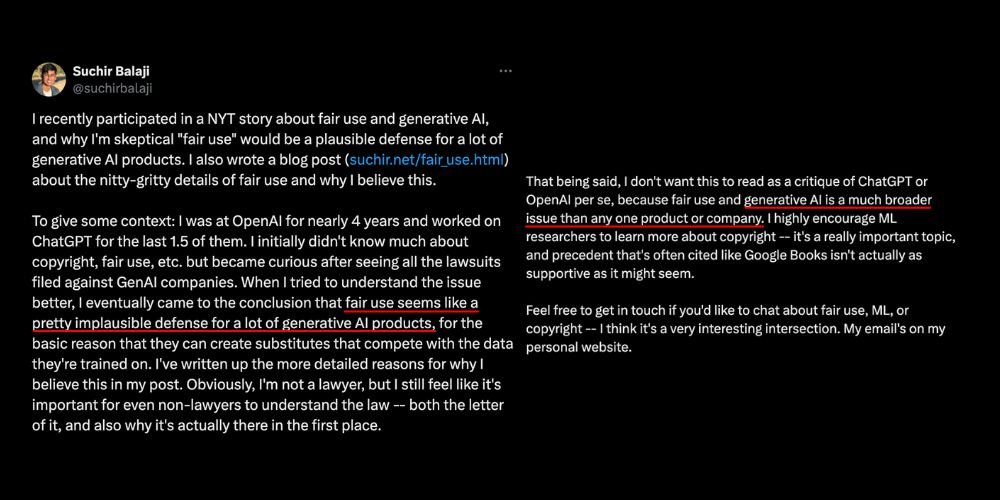The tech industry is reeling after the tragic death of 26-year-old Suchir Balaji, a former OpenAI employee turned whistleblower.
Found in his San Francisco apartment, Balaji’s death has been ruled a suicide by authorities.
His story sheds a harsh light on the personal cost of exposing flaws in an industry obsessed with rapid innovation.
When the Future Moves Too Fast
Balaji gained attention for his outspoken criticism of OpenAI’s safety protocols and its relentless push to commercialize AI technologies.

He warned of dangerous shortcuts being taken in the race for dominance, raising alarm over the potential consequences of uncontrolled AI systems.
While the tech world debated his claims, Balaji found himself at the heart of a moral dilemma: How do you speak truth to power in a space driven by secrecy and speed?
When the Future Moves Too Fast
This tragedy highlights the weight carried by whistleblowers in an industry that thrives on ambition but struggles with accountability.
Experts are now questioning whether tech giants like OpenAI are doing enough to create environments where dissent can coexist with progress.
Balaji’s death has reignited discussions about the ethical responsibilities of these companies and the urgent need for stronger protections for those who dare to challenge the status quo.
As the investigation unfolds, the tech world faces an uncomfortable truth. Innovation cannot come at the expense of humanity.
Balaji’s courage will not be forgotten, and his story demands a reckoning for how the industry balances progress with ethical responsibility.











